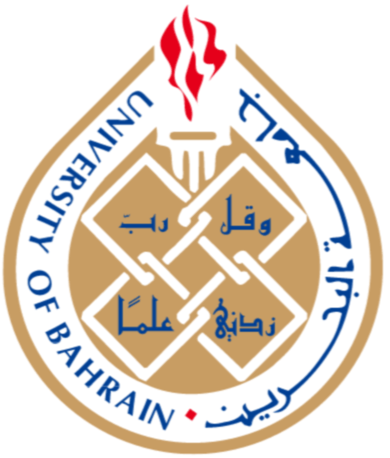PROGRAM LEVEL
The Master of Science in Physiotherapy program at the University of Bahrain has been designed to meet the recent advances in rehabilitation and enhance the knowledge and skills of the physiotherapists and related healthcare professionals based on the latest assessment developments treatment. Moreover, the program is structured to fulfil the two most wanted specialities’ market needs, which are musculoskeletal and neurology.
The program will also offer the chance to collaborate with international universities to conduct research and supervise the students using the latest technological applications. It will also strengthen the professional connections between the University of Bahrain and various public and private, local and regional establishments.
All admitted students would have to take seven major compulsory requirements, consisting of evidence-based practice, research methodology, management in health, neuroscience, and other courses. The students can specialize in either musculoskeletal or neurology physiotherapy by undertaking three additional minor requirements. In the last semester, the students will be asked to conduct a research project and write a dissertation on a topic they are interested in.
ABOUT THE PROGRAM
DETAILED STUDY PLAN
View the Study plan for MSc. in Physiotherapy Program (PDF, 0.5 MB , 6 Pages)
PROGRAM OBJECTIVES
A. The graduates will employ the enhanced knowledge and practical skills to advance their careers in specialised professional settings.
B. The graduates will utilise the analytical and research skills to conduct future research and improve clinical practice.
C. The graduates will apply the acquired evidence-based practice to stay up-to-date with the latest advances in their fields for life-long learning and be active members of the society by conducting public seminars and spreading awareness.
D. The graduates will practice ethical and professional code of conduct while dealing with clients and working in clinical settings.
PROGRAM INTENDED LEARNING OUTCOMES
a) Possess detailed and critical theoretical knowledge related to anatomy, pathophysiology, evidence-based practice and other specialized areas.
b) Apply specialized practical skills to assess, treat, or refer advanced and complex clinical cases based on scientific evidence to facilitate autonomy, direct access, and effective communication.
c) Construct clinical and professional decisions based on published scientific evidence and research findings to improve differential diagnosis and treatment planning for life-long learning.
d) Design and conduct research studies, analyze the results and extract relevant conclusions to support clinical practice and the decision-making process.
e) Demonstrate advanced skills in using information technology resources in conducting research, analyzing information, presenting and appraising findings.
f) Operate at a highly professional and ethical level in different situations, leading projects and taking part in the strategic decision-making process.









